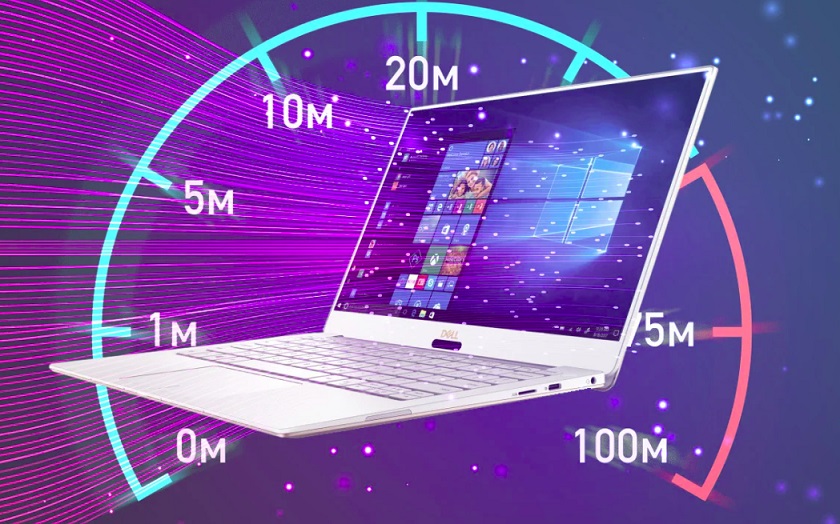How to Speed up Your PC: A Tech Guide for Beginners
One of the primary concerns for most PC users is its speed. People generally complain about their personal computers being slow and getting stuck on the way. If you're facing similar issues, the first thing that you need to do is figure out the cause. Without knowing the cause, you won't be able to fix the problem.
The following are a few common reasons why your PC might be acting out:
- It has viruses or malware.
- The antivirus system in your PC is ineffective.
- Unnecessary software updates.
- Its memory/hard drive is maxed out.
- The rogue programs are hogging processing power.
- Too many browser tabs are always open.
- It requires rest because of excessive use.
All these issues are common and they often affect your PC's speed. The best part of the story is that you can fix them all and improve your computer's speed. Here are some effective options:

Get an Efficient Antivirus Plan
First and foremost, you must ensure that your computer has an efficient antivirus plan. As mentioned earlier, an ineffective or old antivirus plan can affect your PC's speed, so the simple fix to that problem is switching the antivirus plan and getting a new one.
Thankfully, there are many antivirus plans available out there. Of course, not all of them are free but it's worth spending money on an antivirus plan. It will keep your device secure from viruses and malware that not only make your computer slow but also corrupt your files and other data.
Use a VPN
When browsing the internet, your computer remains prone to catching a virus or malware. It is because not all websites are reliable. Some of them are scammy and have malware. It is something that ultimately affects your computer's speed and overall performance.
Well, it isn't something to be worried about as you can easily keep your device secure by using a VPN. Download and install a reliable VPN for Windows and maintain complete anonymity when browsing the internet. No external interference means no speed issues. It's as simple as that.
Disable Unnecessary Programs
A lot of times, your system goes slow because of multiple programs running in the background. Simply disable them from running and it will instantly improve the speed of your computer. Go to your task manager , click on more details, and open its full-tabbed version.
After that, tap on the startup option and you'll get the list of applications that immediately start running as you switch on your laptop. Right-click on all the unnecessary apps and tap on disable. When done, all those apps would be disabled. If anything, it will improve your computer's speed and make its overall functioning better. In case you want to relaunch any of the apps you've disabled, follow the same process and enable them again.
Remove Irrelevant Files
When your hard drive is overloaded with unnecessary files, your computer often slows down. Not just that, it also starts getting stuck, affecting the overall usage. Thus, you must frequently clean your hard drive to give your computer a speed boost. Clearing out the driver is pretty simple if you have Windows 10 or 11.
What you need to do is go to your PC's settings, then click on system, then tap on storage , and switch on the automatic cleaning. After doing that, your PC will start monitoring all the stored files on its own. In case of a junk folder or an old, duplicate file, your PC will delete it. It will also clear the recycle bin in your device after every few weeks. In this way, your computer's screen will remain unaffected.
Switch Off Search Indexing
Windows 10 and 11 perform indexing on your hard drive. The idea behind this feature is to make the computer run smoothly; however, it brings along opposite results when the PC is already slow. It makes your computer even slower and sometimes impossible to browse; thus, switching off search indexing is always recommended.
It doesn't matter if you have a hard drive or an SSD disk, search indexing can affect your computer's speed in all cases, and switching it off can give your system an instant speed boost. For that, go to your web browser and search for services.MSC. It will take you to the search app where you need to scroll down and disable search indexing. Pretty simple, eh?
The Takeaway
Besides the tips mentioned above, please learn to troubleshoot your PC. If it's a bit slow or getting stuck, try restarting it. In case it doesn't fix the problem, give it some rest. Your PC might be a machine but machines also need to rest after long hours of use. Also, keep watching your Windows. Make sure there's no new update waiting for you in the story. If there is one, update your computer right away. All these little steps can go a long way in increasing your PC's speed and overall life, so you must try them out.